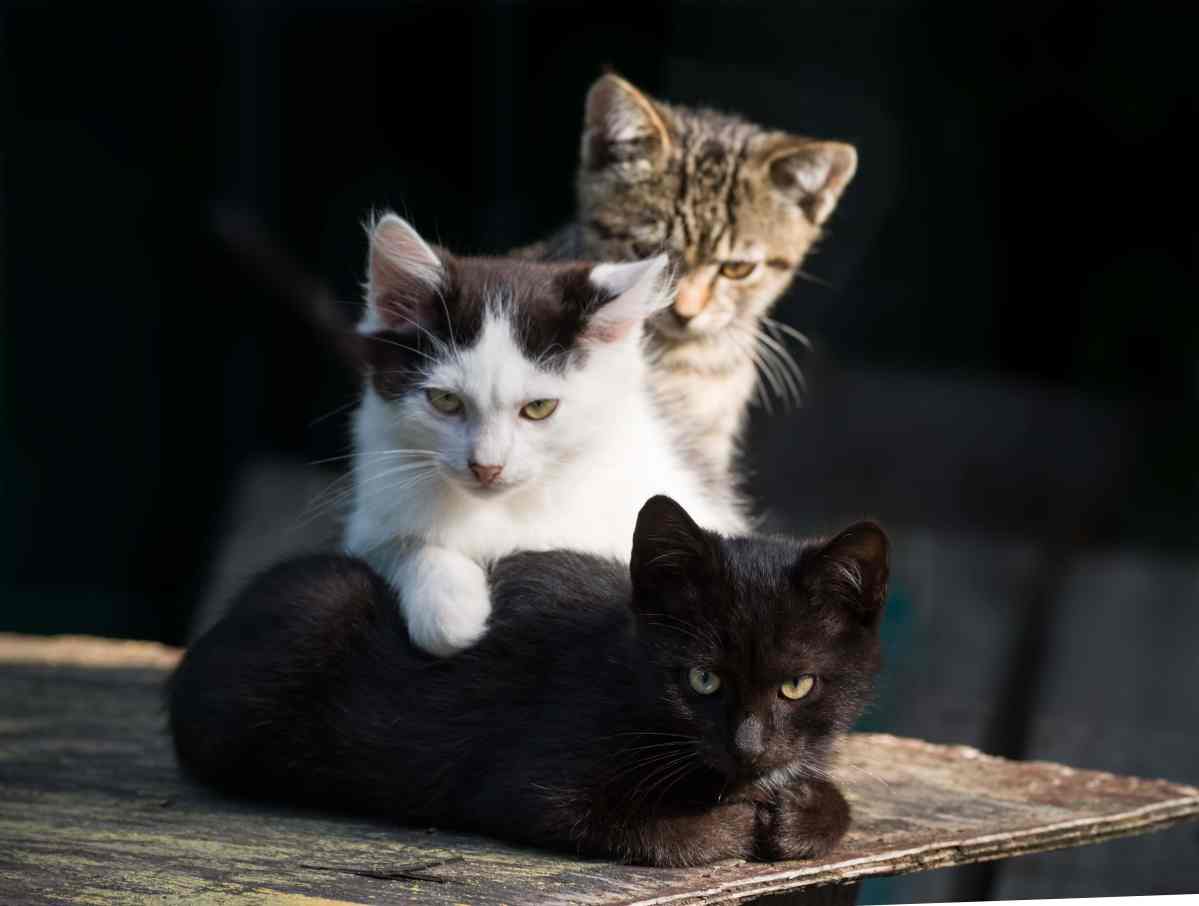The outdoor feral cat population on Long Island is drastically increasing, with no end in sight.
A female cat as young as four months old can have a litter of up to six kittens and can have three to four litters per year. The average female cat can add up to 300 more cats to this ever-growing population. This creates an overpopulation of homeless, abandoned, and unwanted feral and stray cats — and there are right and wrong ways to help.
“If you feed a feral, fix a feral,” says Stephanie Notarnicola of Farmingdale Dog and Cat Clinic and Fixing Felines of Islip Township. “While feeding outdoor cats can help them survive, if outdoor cats aren’t spayed or neutered, the overpopulation issue will only get worse. If one person fixed just one cat in their lifetime, hundreds of lives would be spared.”
Thanks to several organizations, shelters and rescue organizations on LI offering free or low-cost trap-neuter-return (TNR) services, becoming part of the solution is easy. Fixing Felines of Islip offers a monthly spay/neuter clinic. Their low-cost services include $68 for females and $58 for males, which includes rabies and distemper vaccine, flea treatment and deworming. Some rescues such as Little Shelter Animal Rescue in Huntington offer low-cost spay/neuter certificates for cat colony caretakers.
People who want to help are urged to set up a spay-neuter appointment before trapping a cat. This reduces stress for both the human and kitty.
With the right equipment, trapping a cat is simple. Most experts recommend using a Tru Catch Trap, which can be purchased for approximately $60 (some groups have loaners). The trap is easy to set, and using fragrant food like rotisserie chicken or tuna traps cats in no time. Once caught, cover the trap with a blanket or sheet and keep in a quiet/secure place until the spay/neuter appointment. Never leave a trapped animal unattended outside.
After the procedure, it is recommended to keep male cats for at least 24 hours and 48 hours for females in a crate/trap until they can safely be released back outside. If space is an issue, some groups such as Farmingdale Dog & Cat Clinic offer overnight boarding for only $14.
For those who want to help but can’t commit to trapping, TNR groups are always in need of donations and volunteers. Check with local shelters and rescues and ask how to become part of the solution.































